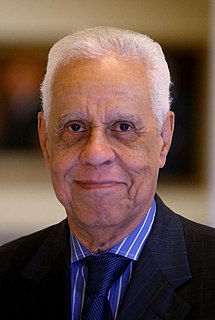A Quote by Jimmy Carter
Unfortunately, after Sept. 11, there was an outburst in America of intense suffering and patriotism, and the Bush administration was very shrewd and effective in painting anyone who disagreed with the policies as unpatriotic or even traitorous.
Related Quotes
The administration of George W. Bush, emboldened by the Sept. 11 attacks and the backing of a Republican Congress, has sought to further extend presidential power over national security. Most of the expansion has taken place in secret, making Congressional or judicial supervision particularly difficult.
There's been a lot of talk about how bad the reporting was, particularly with the George W. Bush Administration after 9/11. The general assumption, which I think is a valid one, is that a lot of the major media were on their heels a little bit and prone to share the grief of the nation and to give Bush all the support it could.
Both Presidents George Bush and Barack Obama pursued policies of regime change after 9/11 - with Bush removing al-Qaida's safe haven in Afghanistan and the sadistic anti-American dictator Saddam Hussein in Iraq - but Obama took it a step further and disregarded regional stability as a guiding factor for U.S. policy.
As a senator, Obama denounced the Big Brother provisions of Bush's post-9/11 Patriot Act, particularly its sections enabling the state to spy on Americans without their knowledge. After taking power, Obama acquired his other face. That face speaks far less, but when it does, it justifies Bush's policies.

































